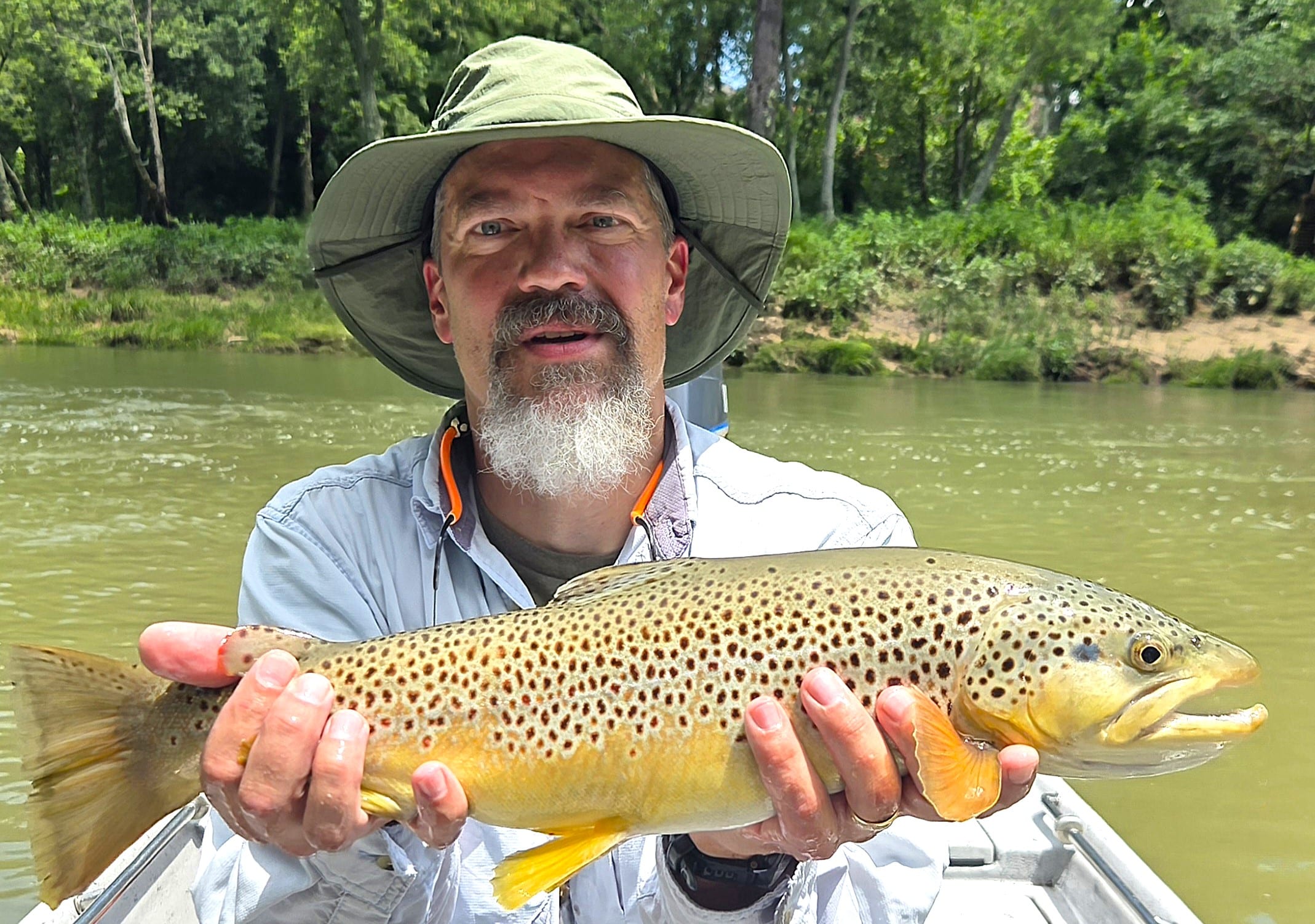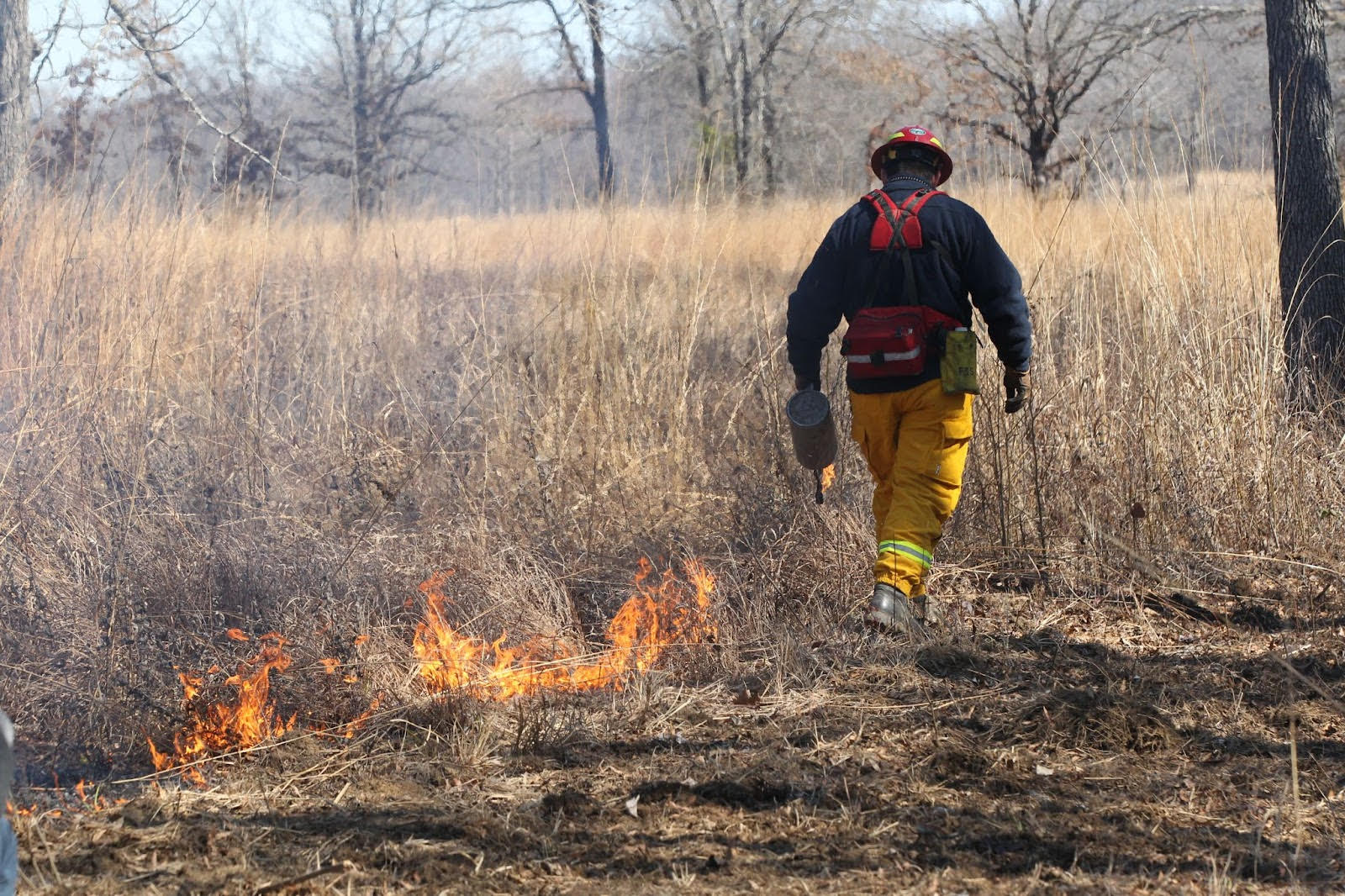Anglers can catch unlimited numbers of Big Lake fish starting July 1
BY Jim Harris
ON 06-29-2022

June 29, 2022
Jim Harris
Managing Editor Arkansas Wildlife Magazine
MANILA – Licensed anglers have the opportunity to fish without catch limits on Big Lake, situated within the Big Lake National Wildlife Refuge, beginning Friday, July 1, as federal plans to renovate the refuge begin in earnest this week. This emergency action by Big Lake NWR and the Arkansas Game and Fish Commission, which manages the lake’s fish for the U.S. Fish and Wildlife Service, is effective through Sept. 30.
The actual window for catching fish may be shorter than the 92 days allowed in the emergency order. The USFWS was to begin the complete drawdown process for Big Lake this week by removing boards from the water control structure on the south end of the lake, with the expectation that it would be drained in about two weeks, depending on rainfall.
“You’re going to want to strike while the iron is hot and it’s going to be hot only for a little while,” Sean Lusk, an AGFC Fisheries Division staff biologist, said. “The renovation of the lake is completely to be done by the Fish and Wildlife Service. Our only role is removing the regulation on catch limits. The lake falls under waters belonging to the state, so we manage the fish within it.”
The USFWS’ purpose for renovating Big Lake is fourfold: to compact the buildup of sediments and organic matter on the lake substrate; reduce invasive aquatic vegetation; replace the mid-lake water-control structure; and to “provide migrating waterfowl with food resources to help meet refuge, state and Lower Mississippi Valley Joint Venture energy objectives for waterfowl,” according to the project draft environmental assessment that was open for public comment starting March 31.
“The lake continues to shrink with the invasive species,” Steven Rimer, the refuge manager, said. “The main two invasives are American lotus and giant cutgrass. They end up making the lake smaller and smaller, and they make it difficult for people to navigate through different areas on the lake. The only option we’ve got, if we don’t dredge, is to drain it, expose the lake bottom and compact that matter.”
Big Lake has historically served as a major wintering stopover for migrating ducks and geese, and it serves as a rest area with no waterfowl hunting allowed on the national refuge (hunters can harvest waterfowl at the AGFC’s nearby Big Lake Wildlife Management Area).
The New Madrid Earthquakes of 1811-12 altered the course of Little River, a St. Francis River tributary, to create Big Lake among low-lying swamp adjacent to the Mississippi River. The area was made a national refuge by President Woodrow Wilson in 1915 after many years of market hunting of wildlife and fish, the mass harvesting of timber, and the influx of agricultural development around Big Lake had led to a decline in popular wildlife species. Big Lake NWR is the third oldest inland federal wildlife refuge.
When the draining is completed in July, the federal refuge will employ contractors to begin the control of the invasive species by aerial spraying of herbicide.
“There are largemouth bass, bluegill, crappie and catfish in Big Lake, the warm-water species characteristic of a lot of lakes in Arkansas,” Lusk said. “If anglers don’t harvest these fish (during the no-limit period), these valuable resources will go to waste. This just gives people a great opportunity to go get some fresh meat and stock up.”
The only requirement during this emergency order is that anglers have a current Arkansas fishing license. The temporary regulation applies only to the lake within the national wildlife refuge.
The USFWS’ renovation plans, according to the draft assessment, call for the October replacement of boards into the south water-control structure and the opening of the north and/or mid-lake water-control structures, gradually bringing Big Lake back to full pool by November. “As the (USFWS) monitors the rehabilitation of Big Lake, further similar actions may be needed … on a reoccurring, as-needed basis,” the assessment notes.
With a drained lakebed this summer, plans call for aerially seeding portions with millet, rice and/or milo that will provide food for wintering waterfowl.
Recent News

Arkansas Wildlife Weekly Fishing Report
Jul. 3, 2025
Subscribe to Our Weekly Newsletter E-mails
Don’t miss another issue. Sign up now to receive the AGFC Wildlife Weekly Newsletter in your mailbox every Wednesday afternoon (Waterfowl Reports are published weekly during waterfowl season and periodically outside the season). Fishing Reports arrive on Thursdays. Fill in the following fields and hit submit. Thanks, and welcome!

